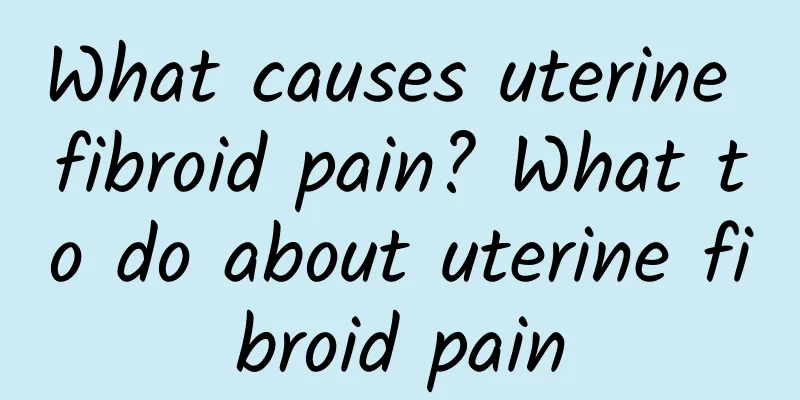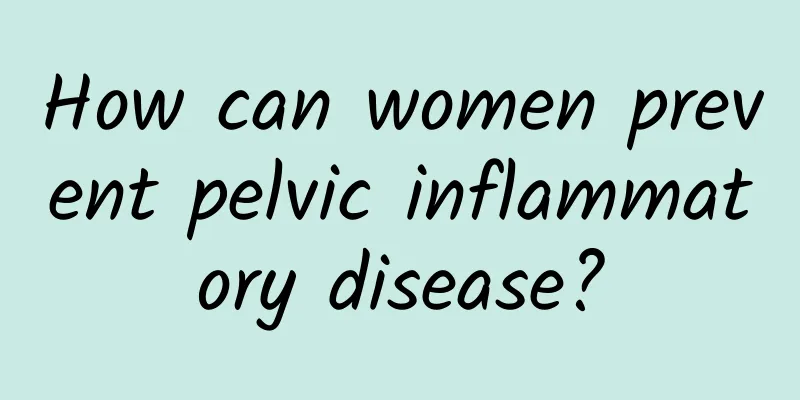Dietary principles for patients with pelvic inflammatory disease

|
A good diet is also a very good choice for patients with pelvic inflammatory disease. It can effectively control their condition and facilitate their recovery. There are so many patients with pelvic inflammatory disease, so if patients do not want pelvic inflammatory disease to disturb their lives for too long, they should develop good eating habits, but what are the dietary principles that patients need to master? 1. The diet of patients with chronic pelvic inflammatory disease should be mainly light. Spicy and irritating foods should not be eaten, and more fresh fruits and vegetables should be eaten. 2. If the patient with pelvic inflammatory disease has a high fever, it is suitable to eat some light and easily digestible food, such as: white porridge, soft noodles, etc. For patients with high fever, they can also drink pear juice, apple juice, watermelon juice, etc. 3. Patients with pelvic inflammatory disease should avoid spicy foods such as chili peppers, raw onions, peppercorns, and white wine in their daily lives. Patients should eat some lean meat, chicken, eggs, etc. 4 The diet of patients with pelvic inflammatory disease should be more nutritious. Patients should eat more fresh foods and avoid fried, greasy, spicy and other foods. Contraindications of pelvic inflammatory disease: 1. Avoid spicy food, such as wine, tea, coffee, and chili peppers, because these foods can stimulate the inflammatory lesions, cause local congestion, and aggravate the condition. 2. Avoid warm tonic foods, such as dog meat, mutton, goose meat, longan, red ginseng, deer antler glue, etc. Because some pelvic inflammatory diseases are mostly hot, warm foods are like adding fuel to the fire, which will cause yellow and thick vaginal discharge, bitter taste in the mouth, and body heat. 3. Avoid eating raw and cold food, such as cold drinks, cold fruits, cold dishes, etc. Because pelvic inflammatory disease is not only related to heat, but also closely related to blood stasis, patients often have symptoms such as slight abdominal pain. Eating too much will aggravate the stasis and lead to the consequence of endless pain. 4. Avoid greasy food. Such as fatty meat, fried food, etc. The onset of pelvic inflammatory disease is closely related to physical factors. Greasy food often causes loss of appetite, affects spleen and stomach function, hinders the absorption of nutrients, and leads to physical decline. Therefore, patients with pelvic inflammatory disease should not always eat greasy food. |
<<: Can I still get pregnant after menopause?
>>: Treatment of cervicitis bleeding during pregnancy
Recommend
What should I do if cervical erosion occurs after pregnancy? To prevent cervical erosion, expectant mothers should do the following
Pregnant mothers should do the following to take ...
Do you know what are the dangers of having sex right after menstruation? Will you get pregnant?
As we all know, women have those days every month...
Can cervical warts be eradicated?
Every fight against disease is a huge test in our...
The method of treating dysmenorrhea hopes to help female friends
Dysmenorrhea can bring many troubles to female fr...
What is the medical treatment for pelvic inflammatory disease?
What is the drug treatment for pelvic inflammator...
Treatment of uterine adhesion after artificial abortion with traditional Chinese and western medicine
Abortion is very harmful to women and may cause v...
What injection can prevent the growth of uterine fibroids? What injection can prevent uterine fibroids?
What injection can prevent the growth of uterine ...
What causes cervicitis?
What is the cause of cervicitis? Gynecological in...
Pregnant women beware: What are the early symptoms of ectopic pregnancy?
Ectopic pregnancy is a very dangerous gynecologic...
What are the precautions after abortion?
Almost every woman will have at least one miscarr...
What are the treatments for habitual miscarriage?
What are the treatments for habitual miscarriage?...
What are the symptoms of adnexitis?
Most people don't know much about the symptom...
What are the dietary health care methods for Bartholinitis
The reason for suffering from Bartholinitis is th...
The most prominent symptom of vaginitis is increased leucorrhea
The most prominent symptom of vaginitis is an inc...
What are the causes of irregular menstruation? 6 causes of irregular menstruation
Irregular menstruation is also very common under ...









